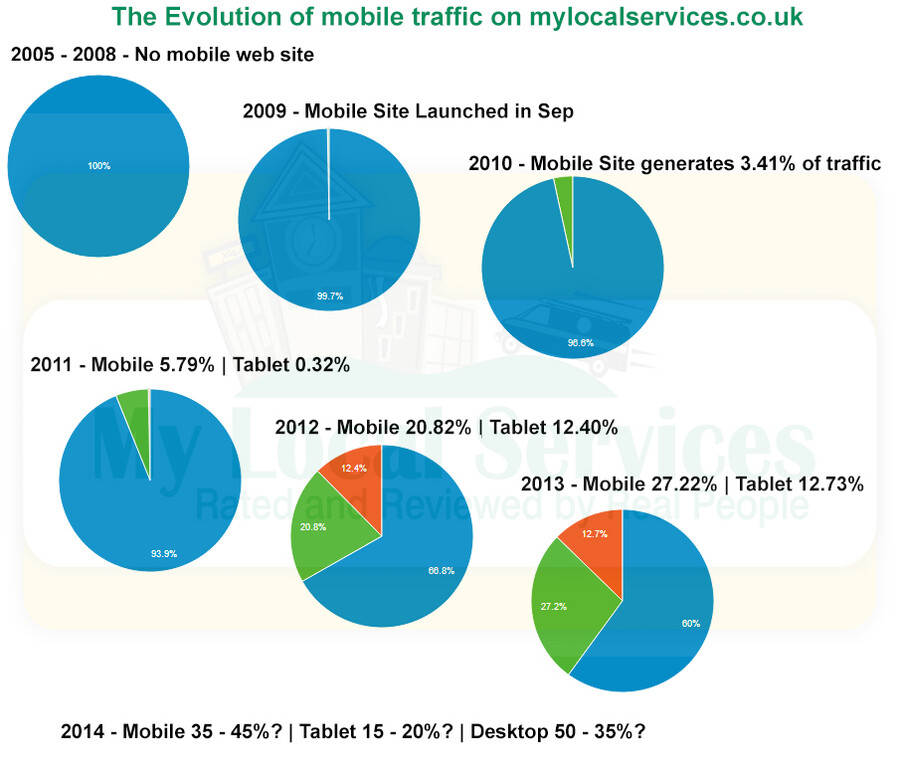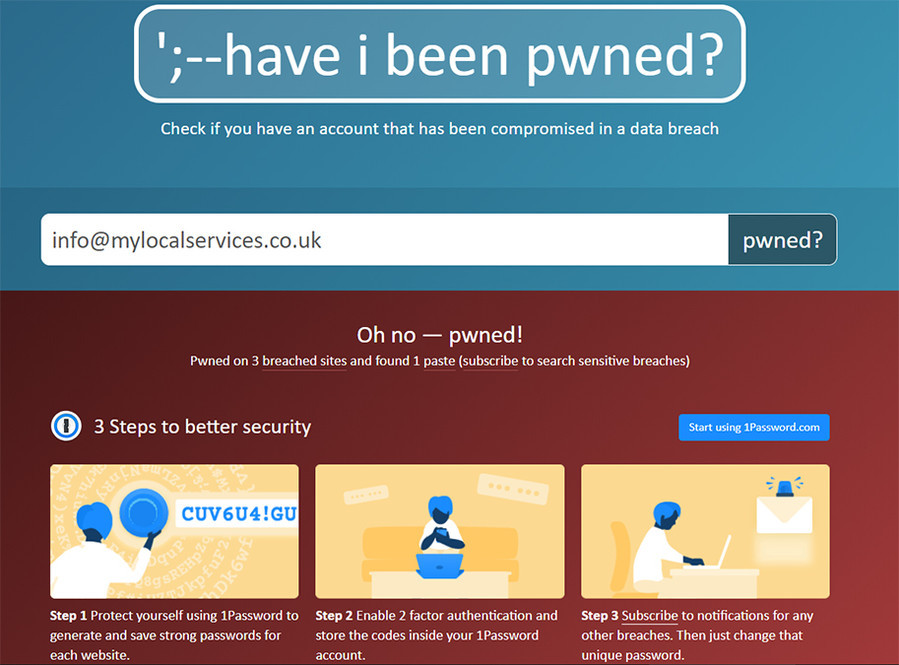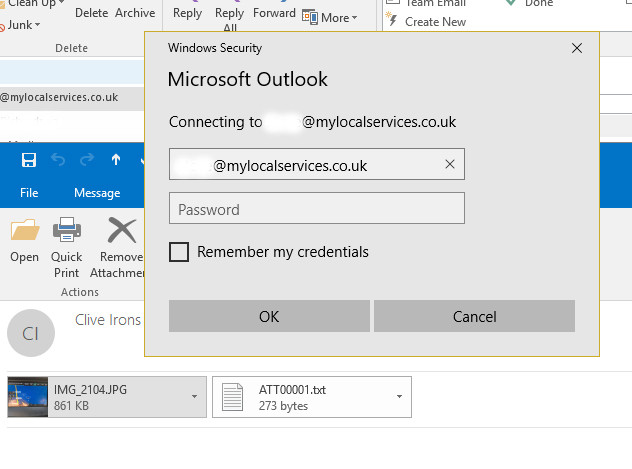
1. The continuing explosion of Ransomware
Ransomware is where your PC is held to ransom by someone else encrypting your files and requiring you to pay money to regain access to them. This can only happen if your PC has been compromised, in which 99% of the time the user is hoodwinked into a clicking a malicious link or downloading something dodgy.
Sometimes users are told the legal authorities have found unauthorised or dodgy files and you will need to pay a fine, or download an app, or they are naive and on some dodgy sites. Another version is telling the world via all of your contacts of the dodgy sites you have been to unless you pay up, which is no doubt quite a money spinner.
There is a good article on Microsoft on what to do if you suspect your PC has been infected: Malware Protection Center
2. Hack attacks against business websites
Unfortunately I think we will see more and more attacks over the next year and beyond, until either all sites move to a decent two factor authentication (ie you need something other than your login and password), or users finally start taking their online security more seriously. Basics, use complex passwords, don't use the same combinations on different websites. Use a secure password vault to remember the passwords for you. Best Password Managers of 2017
3. Hacks against Internet of things
If this is something you haven't heard of, it's something you will have by the end of next year. The internet of things is the connectivity of devices that can access the internet. This will soon explode into household appliances, Fridges that email you that you are running low on milk, Car Satnav systems, Home routers, even drones.
Unfortunately as clever as it is to connect everything, some of these objects have very unsophisticated code and firmware, making them vulnerable to malware and malicious attack. It's already started happening, and is set to be a huge problem unless better security is built in to these devices. Imagine a cyber attack originating from the washing machine and taking out the central heating ![]()
4. Cloud security breaches
I've never been a big fan of the cloud and have been far more cynical. I didn't buy into the super resilient argument, ie your data or website is no longer reliant on one particular server so will be more reliable. There is always a single point of failure somewhere, from a rogue component, a duff hotfix or even techie incompetence. But as more and more companies do buy into the shared cloud vision, the risk increases of data getting compromised by ransomware, malware by remote users with questionable security accidentally uploading problems.
We do use a "cloud" for data, but host and manage it ourselves. This gives the advantage of resilience, but allows us to restrict access and control security with no reliance on a third party provider other than our ISP to provide an internet connection. If that fails, we work offline and re-synch when it comes back.
OK just my five pence worth of predictions. But one thing that is pretty constant is user security remains to be the key problem and is still the easiest thing in the world to fix.
User security top tips (AKA Commonsense) ![]()
- Have complex passwords,
- Use two factor authentication if it is offered
- Never, never, never open or follow a link if you have no idea where it has come from
- Never never never download or install an application unless you are 100% sure of what it is
- If you do end up on a suspicious webpage, do not enter your username and password
- Never respond to any daft emails, you haven't won a competition, the bank doesn't need you to change your password
- Be streetwise for anything that is free but needs to be installed
If you do download or install that free app or license on dodgy download.com then give yourself a slap and clean your PC!



